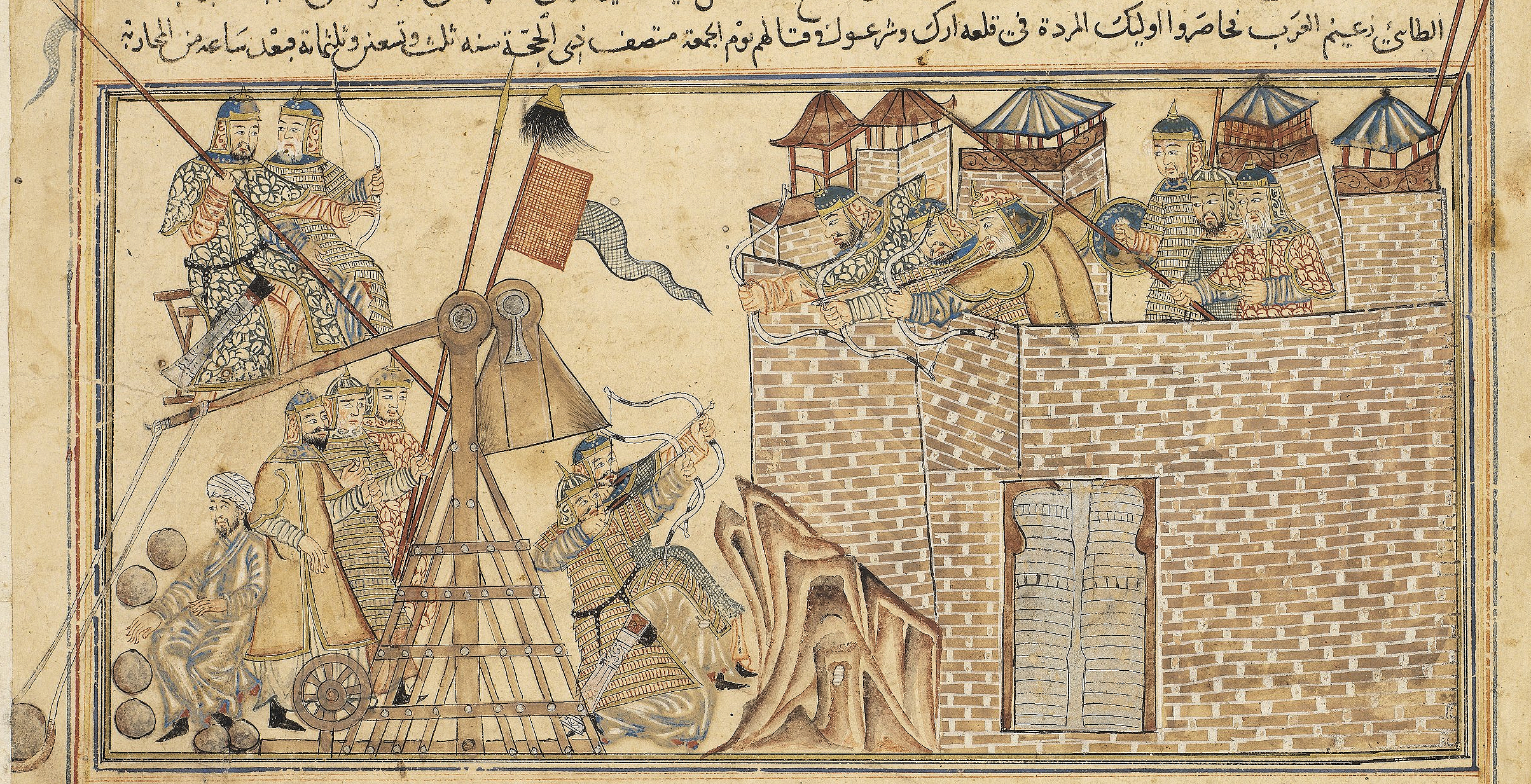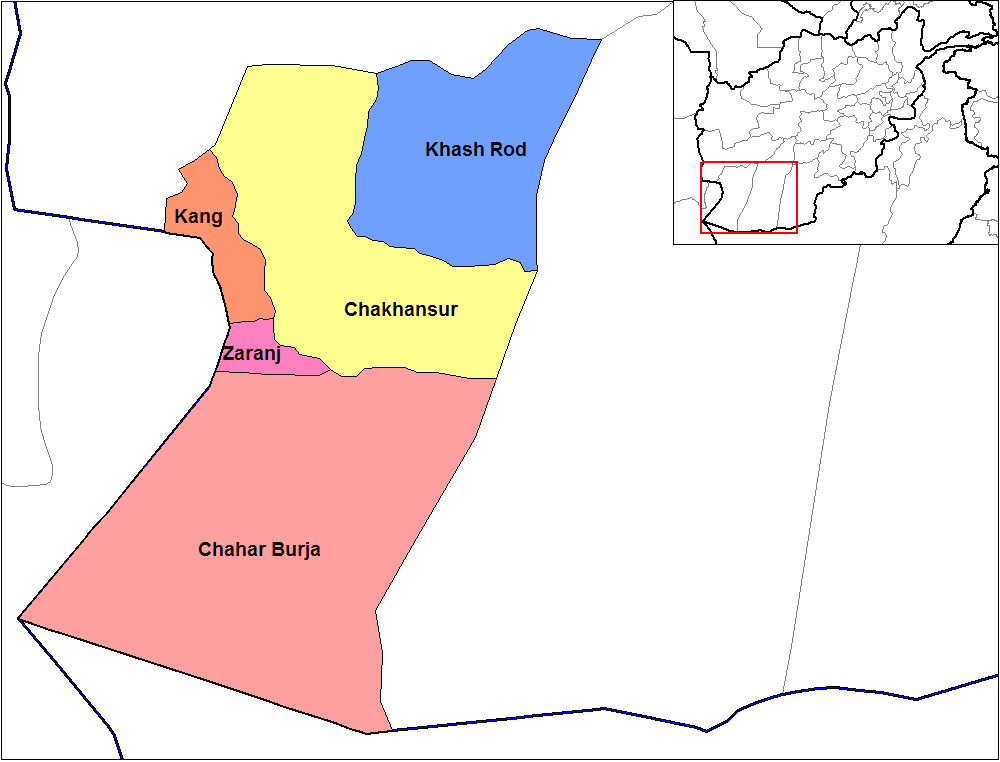|
Ghulam Mohammad Lalzad Baloch
Ghulam Mohammad Lalzad Baloch or Lalzad Baloch ( ) is a Baluchi language broadcast journalist, based in Toronto, Canada. He is originally from Nimroz Afghanistan. He was with the Baluchi service of All India Radio from 1974 to 2003. Early life His attended Farokhi school in Zaranj, Nimroz, Noon. He studied law and political science at Kabul University (Department of Justice) and earned a PhD in literature (She'r e Ma'sir e Dari in Afghanistan) from Jamia Millia Islamia University, Delhi. Career He joined Radio Afghanistan as a university student. from 1972 to 1974, he worked with All India Radio's Balochi service from 1974 to 2003. He runs two news services. He also works with Hamwatan Translation Company. See also *Nimruz Province *Baloch people *Balochi language *Balochi literature Balochi literature () is literature written in the Balochi languages." The main Balochi literature is found in poetry, which is purely popular in origin and form Poetry is by the Baloch ... [...More Info...] [...Related Items...] OR: [Wikipedia] [Google] [Baidu] |
Zaranj
Zaranj ( Persian/Pashto/) is a city in southwestern Afghanistan, which has a population of 160,902 people as of 2015. It is the capital of Nimruz Province and is linked by highways with Lashkargah and Kandahar to the east, Farah to the north and the Iranian city of Zabol to the west. The Abresham border crossing is located to the west of Zaranj, on the Afghanistan–Iran border. It is one of three important trade-routes that connect Central Asia, East Asia and South Asia with the Middle East. Zaranj Airport is located some to the east of the city. The history of Zaranj dates back over 2,500 years and Ya'qub ibn al-Layth al-Saffar, founder of the Saffarid dynasty, was born in this old civilization. History Modern Zaranj bears the name of an ancient city whose name is also attested in Old Persian as ''Zranka''. In Greek, this word became Drangiana. Other historical names for Zaranj include Zirra, Zarangia, Zarani etc. Ultimately, the word Zaranj is derived from the an ... [...More Info...] [...Related Items...] OR: [Wikipedia] [Google] [Baidu] |
Nimruz Province
Nimruz or Nimroz (Balochi language, Balochi: ; Dari, Pashto language, Pashto: ) is one of the 34 provinces of Afghanistan, located in the southwestern part of the country. It lies to the east of the Sistan and Baluchestan province of Iran and north of Balochistan, Pakistan, also bordering the Afghan provinces of Farah Province, Farah and Helmand Province, Helmand. It has a population of about 186,963 people. The province is divided into five Districts of Afghanistan, districts, encompassing about 649 villages. The city of Zaranj serves as the provincial capital and Zaranj Airport, which is located in that city, serves as a domestic airport for the province. The recently built Kamal Khan Dam is located in Chahar Burjak District. The name ''Nimruz'' means "mid-day" or "half-day" in Persian Language and Balochi language, Balochi. The name is believed to indicate that the meridian cutting the old world in half passes through this region. Nimruz covers 43,000 km2. It is the most ... [...More Info...] [...Related Items...] OR: [Wikipedia] [Google] [Baidu] |
Baluchi Language
Balochi (, romanized: ) is a Northwestern Iranian language, spoken primarily in the Balochistan, Balochistan region of Balochistan, Pakistan, Pakistan, Sistan and Baluchestan province, Iran and Balochistan, Afghanistan, Afghanistan. In addition, there are speakers in Oman, the Arab states of the Persian Gulf, Turkmenistan, East Africa and in diaspora communities in other parts of the world. The total number of speakers, according to ''Ethnologue'', is million. Of these, 6.28 million are in Pakistan. Balochi varieties constitute a dialect continuum and collectively at least have 10 million native speakers. The main varieties of Balochi are Eastern (Soleimani), Makrani dialect, Southern (Makrani) and Rakhshani dialect, Western (Rakhshani). The Koroshi dialect, Koroshi dialect is a dialect of the Balochi language, spoken mainly in the provinces of Fars province, Fars and Hormozgan province, Hormozgan. According to Brian Spooner (anthropologist), Brian Spooner, Balochi belongs ... [...More Info...] [...Related Items...] OR: [Wikipedia] [Google] [Baidu] |
All India Radio
All India Radio (AIR), also known as Akashvani (), is India's state-owned public broadcasting, public radio broadcaster. Founded in 1936, it operates under the Ministry of Information and Broadcasting (India), Ministry of Information and Broadcasting and is one of the two divisions of Prasar Bharati. Headquartered at the ''Akashvani Bhavan'' in New Delhi, it houses the Drama Section, FM Section, and National Service. It also serves as the home of the Indian television station Doordarshan Kendra. All India Radio is the largest radio network in the world in terms of the number of languages broadcast, the socioeconomic diversity it serves, and the scale of its broadcasting organisation. AIR's domestic service includes 420 stations nationwide, covering nearly 92% of India's geographic area and 99.19% of its population, with programming available in 23 languages and 179 dialects. History Akashvani When the Indian State Broadcasting Service (ISBS) was renamed to All India Radio ... [...More Info...] [...Related Items...] OR: [Wikipedia] [Google] [Baidu] |
Political Science
Political science is the scientific study of politics. It is a social science dealing with systems of governance and Power (social and political), power, and the analysis of political activities, political philosophy, political thought, political behavior, and associated constitutions and laws. Specialists in the field are political scientists. History Origin Political science is a social science dealing with systems of governance and power, and the analysis of political activities, political institutions, political thought and behavior, and associated constitutions and laws. As a social science, contemporary political science started to take shape in the latter half of the 19th century and began to separate itself from political philosophy and history. Into the late 19th century, it was still uncommon for political science to be considered a distinct field from history. The term "political science" was not always distinguished from political philosophy, and the modern dis ... [...More Info...] [...Related Items...] OR: [Wikipedia] [Google] [Baidu] |
Kabul University
Kabul University (KU; ) is one of the major and oldest institutions of higher education in Afghanistan. It is in the 3rd District of the capital Kabul near the Ministry of Higher Education. It was founded in 1931 by King Mohammed Nadir Shah, whose prime minister at the time was his younger brother, ''Sardar'' Mohammad Hashim Khan. Approximately 22,000 students attend Kabul University. In August 2021, before the Taliban takeover, nearly half were female. History Early history Kabul University was established in 1932 during the reign of King Mohammed Nadir Shah and during the government of Prime Minister Mohammad Hashim Khan, opening its doors one year later to students from across the country. It benefitted from partnerships with the governments of Turkey, France, Germany, and the United States. The first Faculty of Medicine in Kabul was established by a group of Turkish professors of Medicine and Surgery led by Kamil Rıfkı Urga in 1932 in the region of Aliabad. The ... [...More Info...] [...Related Items...] OR: [Wikipedia] [Google] [Baidu] |
Jamia Millia Islamia
Jamia Millia Islamia is a Public university, public and research university located in Delhi, India. Originally established at Aligarh, United Provinces of Agra and Oudh, United Provinces (present-day Uttar Pradesh, India) during the British Raj in 1920, it moved to its current location in Okhla in 1935. It was given the Deemed university, deemed status by the University Grants Commission (India), University Grants Commission in 1962. Jamia Millia Islamia became a central university by an act of the Indian parliament which was passed on 26 December 1988. The university was founded by Muhammad Iqbal, Mohammad Ali Jauhar, Hakim Ajmal Khan, Mahmud Hasan Deobandi, Mukhtar Ahmed Ansari, Abdul Majeed Khwaja, Zakir Husain, Zakir Hussain, Mahatma Gandhi and Maulana Azad. Its foundation stone was laid by Mahmud Hasan Deobandi, the leader of Silk Letter Movement and the first student of Darul Uloom Deoband along with his fellow Mohammed Ali Jauhar, Hakim Ajmal Khan, Mukhtar Ahmad Ansari, ... [...More Info...] [...Related Items...] OR: [Wikipedia] [Google] [Baidu] |
Radio Afghanistan
Radio Afghanistan, also known as Radio Kabul or Voice of Sharia, is the public radio station of Afghanistan, owned by Radio Television Afghanistan. The frequencies are 1107 kHz (AM) and 105.2 MHz (FM) for the Kabul area. The name ''Radio Kabul'' has been given to many different incarnations of the state-run radio station since the first radio transmitters were installed in Kabul in the 1920s. History Origins In 1925, a 200 watt Russian transmitter operating at AM 833 kHz was installed in Kabul Palace by King Amanullah Khan. This transmitter was destroyed in the 1929 uprising against the King. The transmitter was replaced in 1931 by the new king Mohammed Nadir Shah, and was upgraded in 1940 when a new 20 kilowatt transmitter was installed in its place, operating at 600 kHz. This is generally considered the official birth of Radio Kabul. Programmes were broadcast in Pashto, Dari Persian, Urdu, English and French. Peacetime As King Mohammed Zahir Shah tried to reinfo ... [...More Info...] [...Related Items...] OR: [Wikipedia] [Google] [Baidu] |
Baloch People
The Baloch ( ) or Baluch ( ; , plural ) are a nomadic, Pastoralism, pastoral, ethnic group which speaks the Western Iranian, Western Iranic Balochi language and is native to the Balochistan region of South Asia, South and Western Asia, encompassing the countries of Pakistan, Iran, and Afghanistan. There are also Baloch diaspora communities in neighbouring regions, including in Central Asia, and the Arabian Peninsula. The majority of the Baloch reside within Pakistan. About 50% of the total Baloch population live in the Pakistani province of Balochistan, Pakistan, Balochistan, while 40% are Baloch people in Sindh, settled in Sindh and a significant albeit smaller number reside in the Baloch people in Punjab, Pakistani Punjab. They make up 3.6% of Pakistan's total population, and around 2% of the populations of both Iran and Afghanistan and the largest non-Arab community in Omani Baloch, Oman. Etymology The exact origin of the word "Baloch" is unclear. According to the Baloch his ... [...More Info...] [...Related Items...] OR: [Wikipedia] [Google] [Baidu] |
Balochi Language
Balochi (, romanized: ) is a Northwestern Iranian language, spoken primarily in the Balochistan region of Pakistan, Iran and Afghanistan. In addition, there are speakers in Oman, the Arab states of the Persian Gulf, Turkmenistan, East Africa and in diaspora communities in other parts of the world. The total number of speakers, according to '' Ethnologue'', is million. Of these, 6.28 million are in Pakistan. Balochi varieties constitute a dialect continuum and collectively at least have 10 million native speakers. The main varieties of Balochi are Eastern (Soleimani), Southern (Makrani) and Western (Rakhshani). The Koroshi dialect is a dialect of the Balochi language, spoken mainly in the provinces of Fars and Hormozgan. According to Brian Spooner, Balochi belongs to the Western Iranian subgroup, and its original homeland is suggested to be around the central Caspian region. Classification Balochi is an Indo-European language, spoken by the Baloch and belongi ... [...More Info...] [...Related Items...] OR: [Wikipedia] [Google] [Baidu] |
Balochi Literature
Balochi literature () is literature written in the Balochi languages." The main Balochi literature is found in poetry, which is purely popular in origin and form Poetry is by the Baloch people, Baloch regarded as the highest form of literature." Baloch literature is a reminder of different eras of Balochi Culture, Baloch culture and civilization, sadness, joys, and the narration of their Ancient history, ancient and old legends and myths, including the stories of Hani and Sheh Mureed, Jalal Khan, Mir Chakar Rind,Hammal Jiand, Ges'dok, Ashkash(character from Shahnameh, Shahnama),and Duda and balach's epic are mixed together. Among the greats of Balochi literature, can mention Natiq Makrani, Mast Tawakali, Abdullah Rwanbod and Syed Zahoor Shah Hashmi, Saba Dashtyari, Gul Khan Nasir, Mir Gul Khan Nasir, Muneer Ahmed Badini, Aziz Sanghur and Ghulam Mohammad Lalzad Baloch. History Carina Jahani cited that attributed her interest and fascination with the Balochi language to the o ... [...More Info...] [...Related Items...] OR: [Wikipedia] [Google] [Baidu] |






